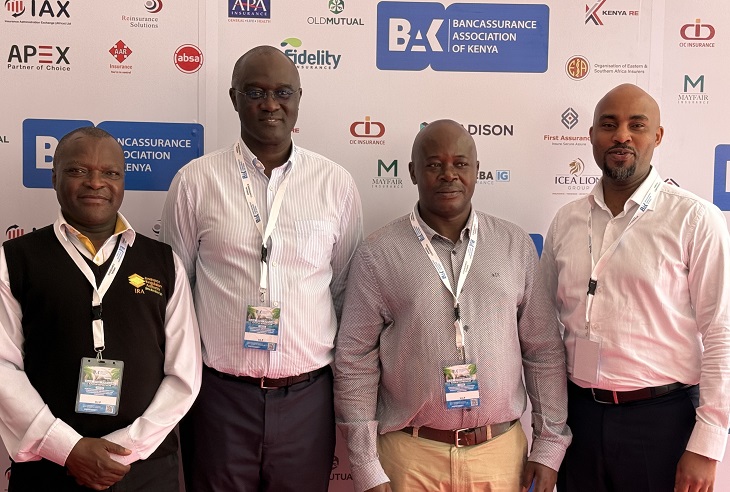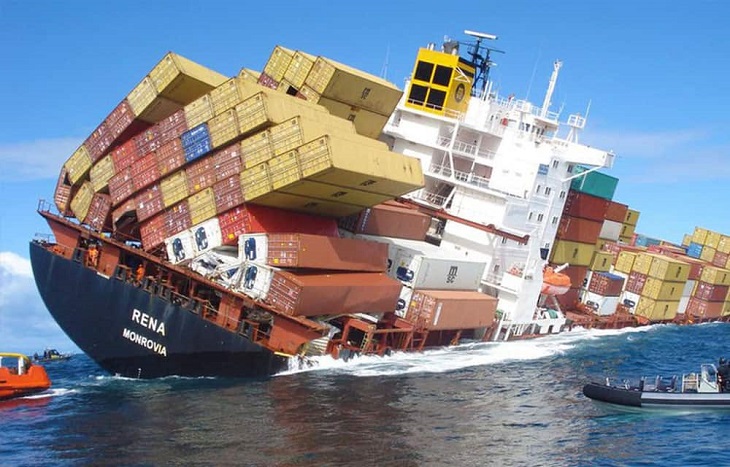In Kenya’s boardrooms, insurance is rarely seen as a game-changer. More often, it is viewed as a necessary but frustrating obligation, a budget line item to be renewed annually with minimal scrutiny. This mindset, while understandable given the sector’s history of delayed claims and poor customer service, is quietly hurting businesses.
The deeper issue, however, is not just inefficiency or bureaucracy. It’s the widespread lack of understanding about what insurance is, how it works, and how it can be leveraged as a strategic asset. In many Kenyan firms — even large, well-established ones — insurance is handled in silos, delegated to junior staff or brokers, and rarely discussed at the executive level until disaster strikes.
This has real consequences. Kenya’s insurance penetration rate remains stubbornly low — under 3%, far below the global average of over 6%. At the same time, the corporate risk landscape is becoming more volatile. Fires, cyberattacks, legal liabilities, and supply chain disruptions are increasingly common. In 2023, local businesses filed claims worth over KES 94 billion, a sharp jump from KES 82.9 billion in 2022. Yet many of these claims ended up in dispute, often due to avoidable gaps in understanding or compliance.
For instance, many firms file claims without proper records, only to learn their policy doesn’t cover the type of loss they assumed it did. Others discover exclusions or clauses they had never read. This is a critical omission, bearing in mind that insurance is usually a contract between the insured and the insurer, with the policy document acting as evidence of the contract. It therefore behooves the clients to internalize the provisions of their insurance policies even where they are using intermediaries. This ensures that there’s a common understanding of the coverage, and it helps eliminate any surprises in the event of a claim.
Take high-risk sectors like construction, logistics, and manufacturing. These industries operate with thin margins and high exposure to loss. Yet many businesses still lack clarity on fundamental covers like Assets and business interruption, liability risks, or even how to correctly classify their assets for insurance purposes. It is also important to ensure that assets are insured at the right values to avoid pitfalls that arise from over- or underinsurance.
And while innovation in Kenya’s insurance space is growing — from digital claims platforms to bundled SME packages — the uptake is limited by a knowledge gap. The reality is, you cannot benefit from a tool you don’t understand.
That’s why education is the next frontier. At Minet, we’ve started running hands-on sessions with corporate clients — unpacking policy documents, walking through claim case studies, and tackling newer risk areas like cybercrime, environmental liability, and governance failures. The appetite for knowledge is clear — once decision-makers understand how coverage works, their view of insurance shifts entirely.
The stakes are rising. Kenya is experiencing a surge in digital threats, with over 650 million cyber incidents reported in 2024 alone. Many affected organizations had no cyber insurance. Of those who did, few received compensation — not because insurers were uncooperative, but because minimum IT security standards outlined in the policy were not met.
These breakdowns are costly — and avoidable. We must move beyond transactional insurance. Businesses should regularly review their policies, involve senior management in risk decisions, and treat their insurers as strategic partners, not just vendors.
Insurers, on the other hand, must modernize their engagement. Policies must be written in plain language. Claim processes should be digitized and streamlined. Risk advisors must invest time in educating clients, not just selling them.
Kenya’s private sector is resilient, ambitious, and innovative. But to thrive in today’s climate — where shocks can come from floods, fraud, or a faulty firewall — resilience must be backed by preparedness. Insurance is not a silver bullet, but when properly understood and applied, it is one of the most powerful risk tools at our disposal.
The journey begins with asking better questions, building internal literacy, and embracing insurance not as a cost centre, but as a cornerstone of smart, sustainable business.
Related Content: Here Is Why Every Kenyan Needs Health Insurance
Francis Maina is the Assistant Director, Minet Risk Services, at Minet Kenya.













